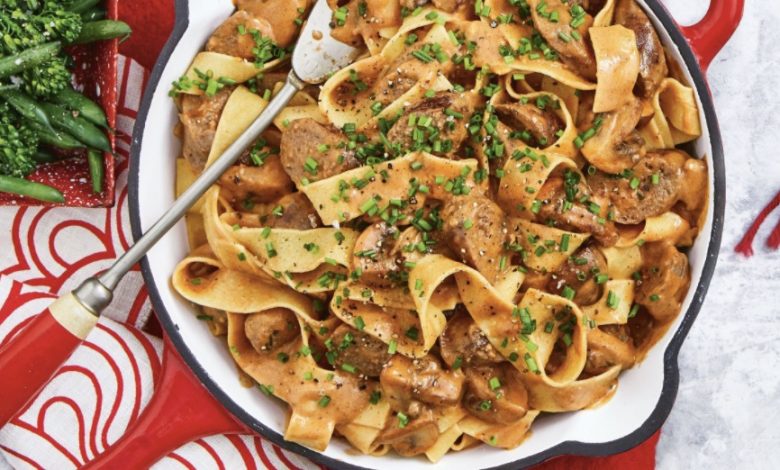First French Empire

Reflecting the typical custom of the 17th century, Louis XIV dined at noon, and had supper at 10:00 pm.[6] But in Europe, dinner began to move later in the day during the 1700s, due to developments in work practices, lighting, financial status, and cultural changes.[2] The fashionable hour for dinner continued to be incrementally postponed during the 18th century, to two and three in the afternoon, and, in 1765, King George III dined at 4:00 pm, though his infant sons had theirs with their governess at 2:00 pm, leaving time to visit the queen as she dressed for dinner with the king.[7] But in France Marie Antoinette, when still Dauphine of France in 1770, wrote that when at the Château de Choisy the court still dined at 2:00 pm, with a supper after the theatre at around 10:00 pm, before bed at 1:00 or 1:30 am.[8]
At the time of the First French Empire an English traveler to Paris remarked upon the “abominable habit of dining as late as seven in the evening”.[9] By about 1850 English middle-class dinners were around 5:00 or 6:00 pm, allowing men to arrive back from work, but there was a continuing pressure for the hour to drift later, led by the elite who did not have to work set hours, and as co
mmutes got longer as cities expanded. In the mid-19th century the issue was something of a social minefield, with a generational element. John Ruskin, once he married in 1848, dined at 6:00 pm, which his parents thought “unhealthy”. Mrs Gaskell dined between 4:00 and 5:00 pm. The fictional Mr Pooter, a lower middle-class Londoner in 1888-89 and a diner at 5:00 pm, was invited by his son to dine at 8:00 pm, but “I said we did not pretend to be fashionable people, and would like the dinner earlier”.[10]
The satirical novel Living for Appearances (1855) by Henry Mayhew and his brother Augustus begins with the views of the hero on the matter. He dines at 7:00 pm, and often complains of “the disgusting and tradesman-like custom of early dining”, say at 2:00 pm. The “Royal hour” he regards as 8:00 pm, but he does not aspire to that. He tells people “Tell me when you dine, and I will tell you what you are”.[11]
